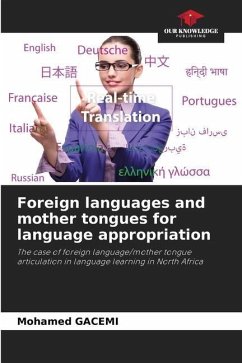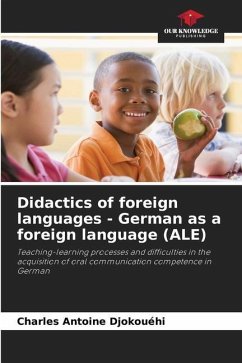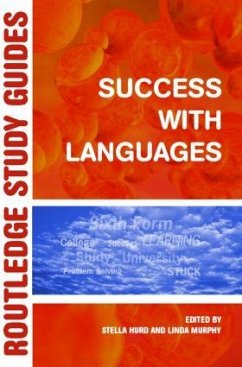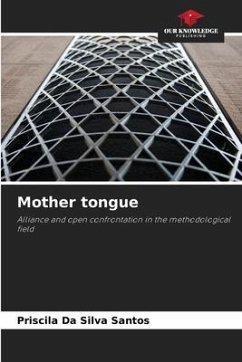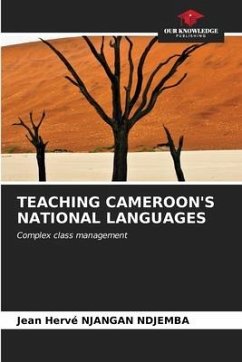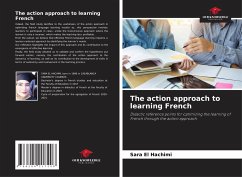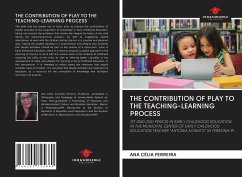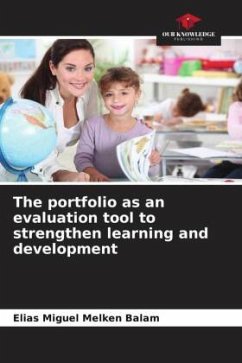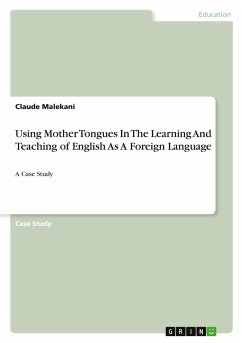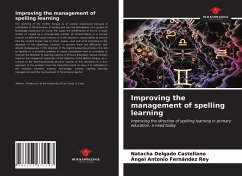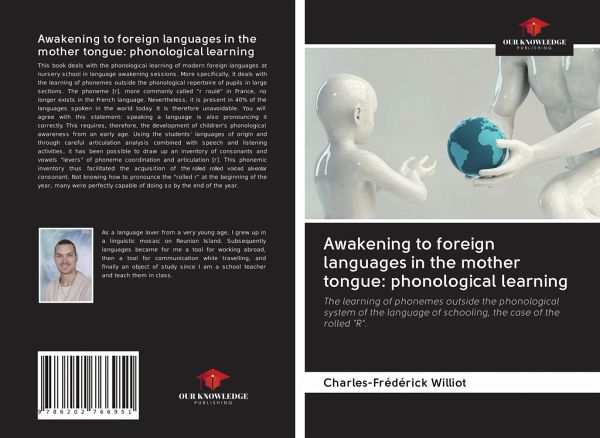
Awakening to foreign languages in the mother tongue: phonological learning
The learning of phonemes outside the phonological system of the language of schooling, the case of the rolled "R".
Versandkostenfrei!
Versandfertig in 1-2 Wochen
18,99 €
inkl. MwSt.

PAYBACK Punkte
9 °P sammeln!
This book deals with the phonological learning of modern foreign languages at nursery school in language awakening sessions. More specifically, it deals with the learning of phonemes outside the phonological repertoire of pupils in large sections. The phoneme [r], more commonly called "r roulé" in France, no longer exists in the French language. Nevertheless, it is present in 40% of the languages spoken in the world today. It is therefore unavoidable. You will agree with this statement: speaking a language is also pronouncing it correctly. This requires, therefore, the development of children...
This book deals with the phonological learning of modern foreign languages at nursery school in language awakening sessions. More specifically, it deals with the learning of phonemes outside the phonological repertoire of pupils in large sections. The phoneme [r], more commonly called "r roulé" in France, no longer exists in the French language. Nevertheless, it is present in 40% of the languages spoken in the world today. It is therefore unavoidable. You will agree with this statement: speaking a language is also pronouncing it correctly. This requires, therefore, the development of children's phonological awareness from an early age. Using the students' languages of origin and through careful articulation analysis combined with speech and listening activities, it has been possible to draw up an inventory of consonants and vowels "levers" of phoneme coordination and articulation [r]. This phonemic inventory thus facilitated the acquisition of the rolled rolled voiced alveolar consonant. Not knowing how to pronounce the "rolled r" at the beginning of the year, many were perfectly capable of doing so by the end of the year.



